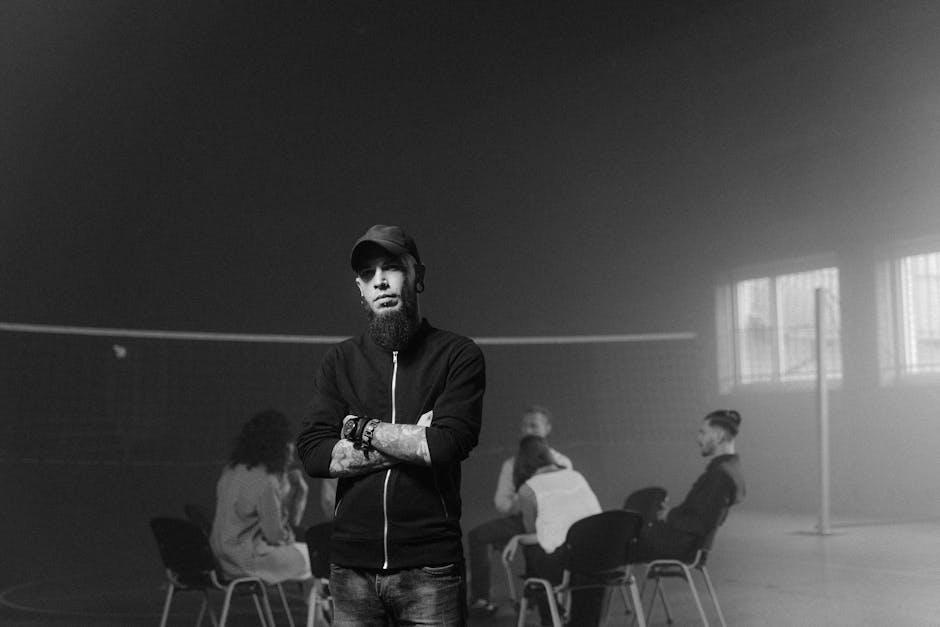Can an AI Coach Help Your Esports Team Clinch the Championship?
Esports, or electronic sports, have undergone a tremendous transformation over the past few decades. From being a niche hobby, it has evolved into a full-fledged professional industry with millions of fans and jaw-dropping prize pools. The rise of esports has brought about innovations that were once considered outlandish, none more so than the concept of an AI coach. But can an artificial intelligence coach really help a team clinch the championship?
Traditionally, esports teams have relied on human coaches who bring their wealth of knowledge, experience, and strategic insights to guide and shape their players’ performance. These coaches provide valuable feedback, analyze gameplay, and help craft winning strategies. However, AI coaches are aiming to complement or even replace these human counterparts, claiming to offer a new level of analysis and understanding that can revolutionize the industry.
So, what exactly can an AI coach bring to the table? First and foremost, AI coaches have the ability to process an enormous amount of data in a short period. They can analyze millions of matches, scrutinize player performance, and dissect gameplay strategies of both the team and its opponents. This vast amount of information allows AI coaches to identify patterns and areas for improvement that might go unnoticed by human coaches.
Furthermore, AI coaches offer objectivity. Human coaches may have personal biases, emotions, or even external pressures that can impact their decision-making process. AI coaches, on the other hand, can make entirely evidence-based recommendations without any external influences. This impartiality can bring a new level of precision and consistency to gameplay analysis and decision-making.
AI coaches also have the potential to cater to individual player needs. They can offer personalized training regimes, adapt feedback to different learning styles, and identify specific areas for improvement for each player. This level of player-tailored coaching can maximize individual skill development, leading to better overall team performance.
However, it’s important to note that AI coaches have limitations. While they can provide analytical insights, they lack the human touch of emotional support, motivation, and morale-boosting that human coaches often excel in. Building team synergy, fostering effective communication, and addressing psychological aspects are areas where human coaches still hold a significant advantage. Additionally, AI coaches are only as good as the data they receive. If the data quality is compromised, or if it doesn’t reflect the current meta or gameplay patterns, the recommendations from the AI coach may prove ineffective.
Ultimately, the effectiveness of an AI coach for an esports team depends on the specific circumstances. Some teams may find that an AI coach elevates their gameplay and leads them to championship glory, while others may prefer the human touch and individualized attention that human coaches provide. it might even be a combination of both that proves to be the winning formula.
As technology continues to evolve, AI coaches will inevitably become more sophisticated, learning and adapting in real-time. The potential for AI coaches to help esports teams clinch championships is promising, but it’s important to recognize that they can’t replace the human element of coaching entirely. The combination of AI’s analytical prowess and human coaches’ emotional intelligence could be the key to unlocking even greater success for esports teams in the future.

